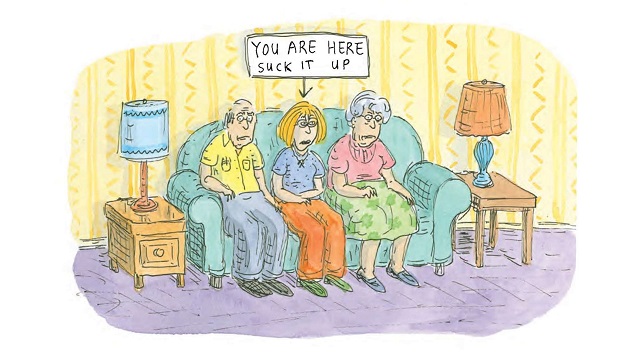Art and Ethics

“Good Artists Copy. Great Artists Steal.” Pablo Picasso said that. Or did he? Steve Jobs seemed to think so. In 1988, the Sydney Morning Herald quoted Jobs as using Picasso’s line for inspiration while developing Macintosh. But further digging finds variations of the quote attributed to Igor Stravinsky, William Faulkner, and The Gentleman’s Magazine of 1892, among others. It’s certainly ironic that this quote has been “stolen” by so many over the years. Who should it rightly be attributed to?
In the art world, artists regularly take the work of others and make it their own. There’s even a movement about it called “Everything is a Remix.” Is it right that stealing should be justified as inspiration? Is repurposing the art of others for one’s own a type of collaboration?
In business, one can be sued for ripping off the ideas of others. Just as Mark Zuckerberg. But where do we draw the line when it comes to art?
“Every profession has a code of ethics. Doctors have a code of ethics – the Hippocratic Oath – lawyers, accountants, journalists. In fact part of a profession is that there is a code of ethics,” says James Abruzzo, the co-founder of the Institute for Ethical Leadership at Rutgers Business School, which is hosting the Ethical Leadership Conference on June 6th. But there is no code of ethics when it comes to art.
The freedom that this allows may seem suited for the highly subjective, boundary-pushing world of art. But in this clip from Big Think‘s interview, Abruzzo presents compelling case studies that show why he argues for the art world to finally establish its own code of ethics.





